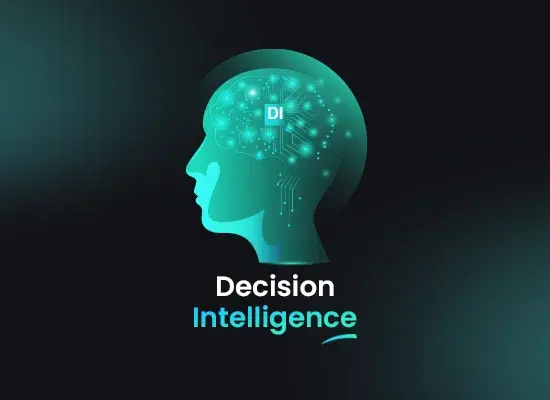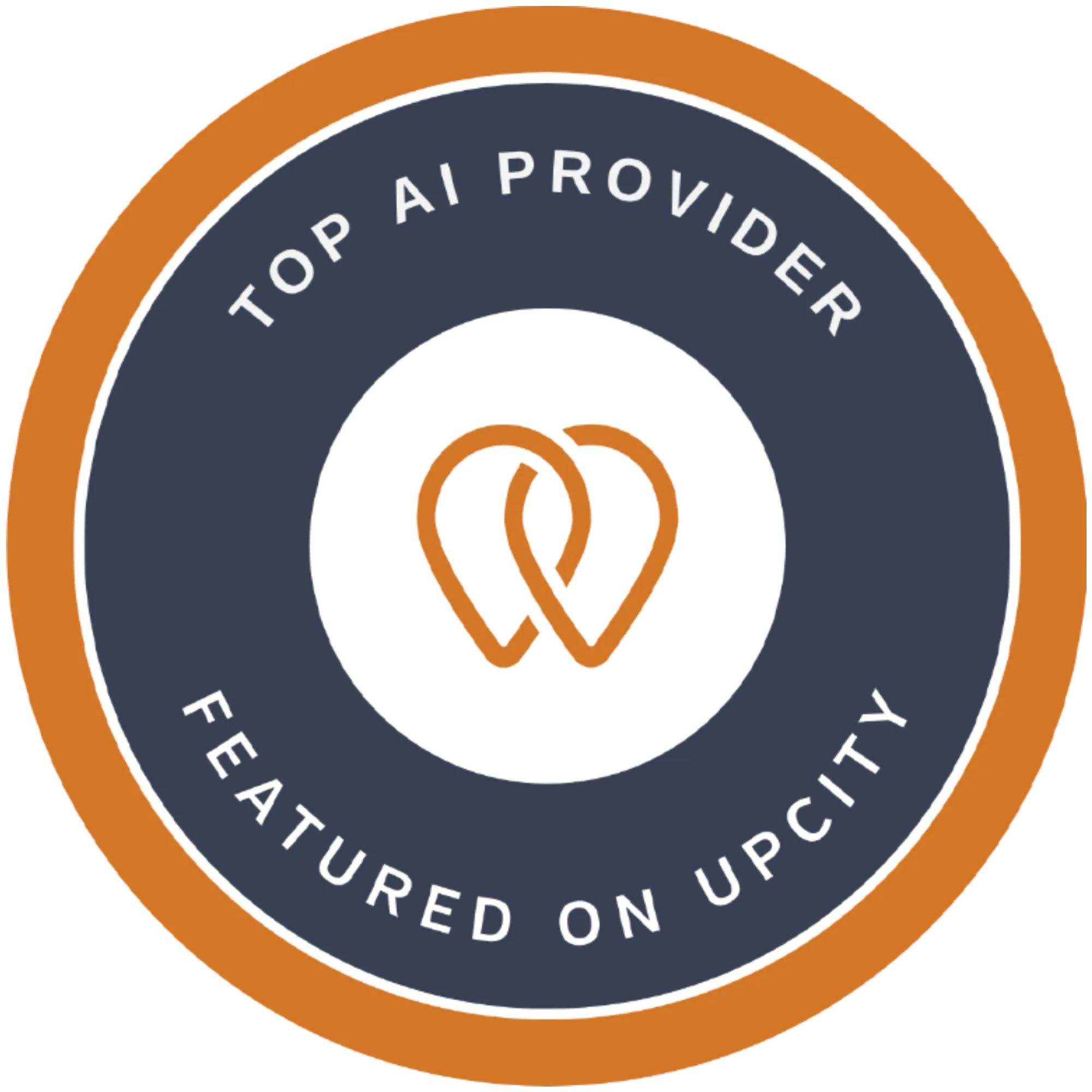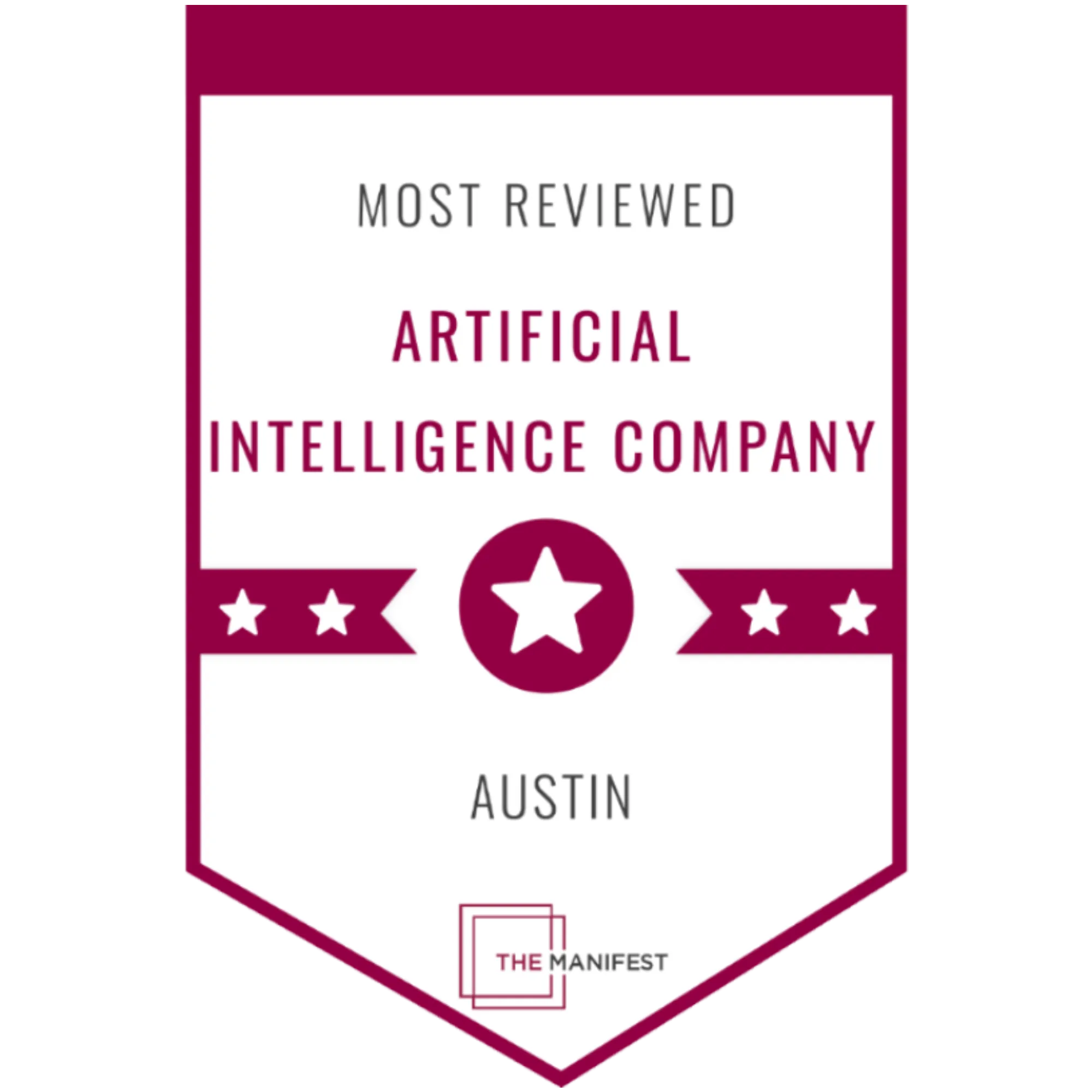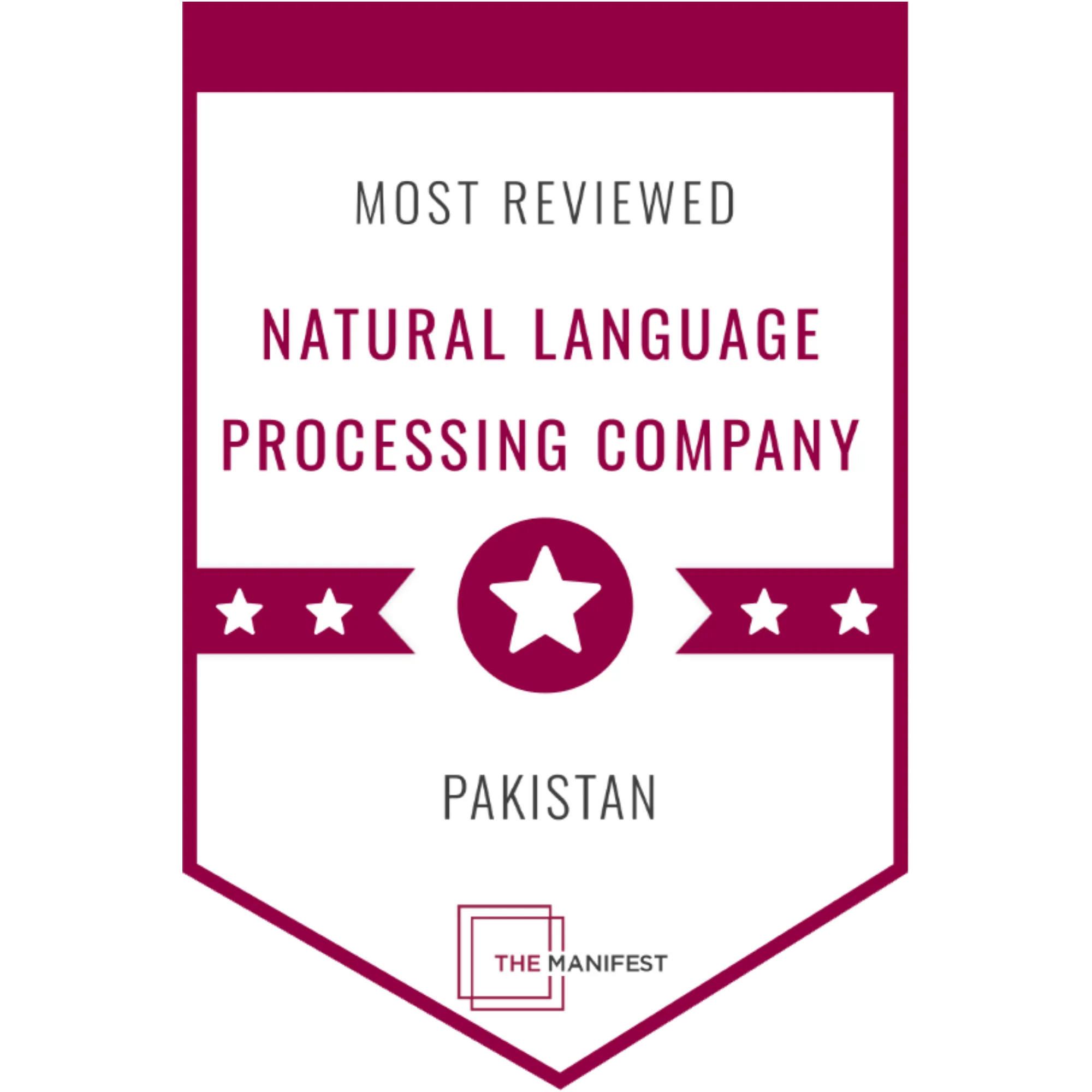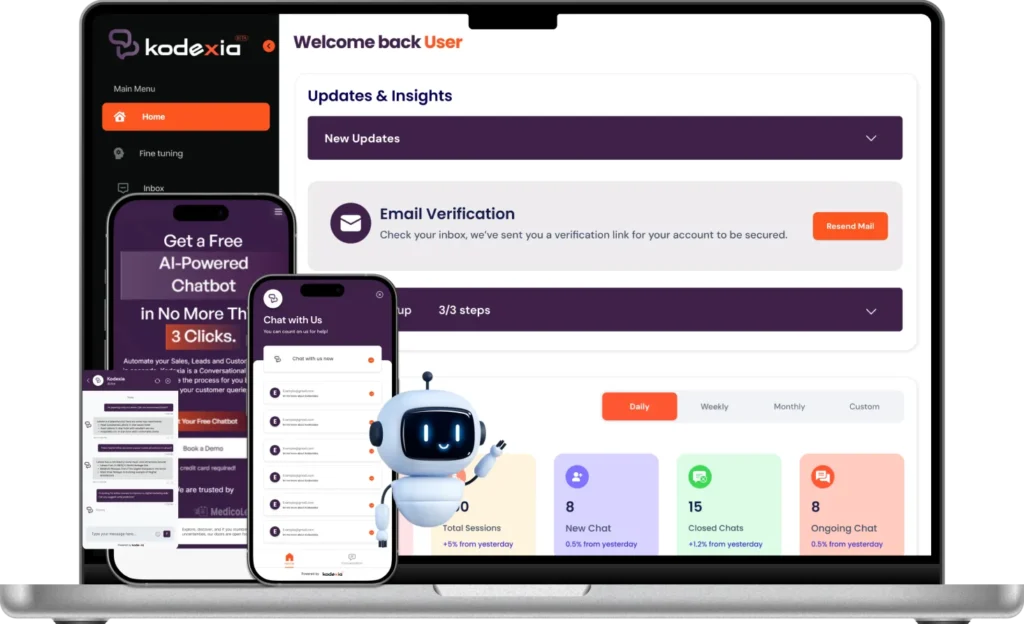AI in Quality Assurance – Optimising Processes and Ensuring Reliability with Artificial Intelligence
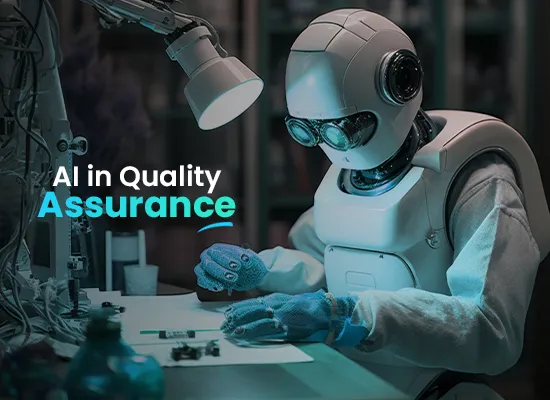
Contents
In quality assurance, artificial intelligence (AI) refers to the application of technologies like machine learning and natural language processing to automate and improve product or service testing, monitoring, and improvement. This ensures increased reliability, accuracy, and efficiency in quality control procedures.
What is Quality Assurance?
Quality assurance (QA) is a systematic approach to ensuring that products or services meet specified standards and customer expectations. It involves establishing processes, procedures, and guidelines to monitor and evaluate the quality of deliverables throughout the development or production lifecycle.
Firstly, QA begins with the establishment of quality objectives and criteria, which serve as benchmarks for evaluating performance. These objectives are often derived from industry standards, regulatory requirements, and customer needs.
Secondly, QA involves implementing processes and protocols to prevent defects or errors from occurring in products or services. This includes defining standards for design, development, testing, and deployment, as well as conducting regular audits and inspections to identify and address deviations from these standards.
Thirdly, QA encompasses testing methodologies to verify that products or services meet quality requirements. This includes both manual and automated testing techniques to assess functionality, performance, reliability, and usability.
Furthermore, QA emphasises continuous improvement by collecting and analysing data on quality metrics, identifying areas for enhancement, and implementing corrective and preventive actions to address deficiencies.
Overall, QA is essential for organisations to deliver products or services that meet customer expectations, comply with regulations, and maintain a competitive edge in the marketplace. It is a proactive approach that focuses on prevention rather than detection of defects, ultimately leading to higher customer satisfaction and improved business performance.

What is Quality Control?
Quality control (QC) is a systematic process used by organisations to ensure that products or services meet specified requirements and standards. It involves monitoring and inspecting various aspects of production or service delivery to detect and correct defects or deviations from established criteria.
First and foremost, the establishment of precise quality standards or specifications outlining the intended features and performance standards of the good or service is the first step in the QC process. The real production is measured against these standards, which operate as benchmarks.
Second, QC in manufacturing or service delivery entails continuous testing and inspection of processes, final goods or services, raw materials, and components. Depending on the type of product or service, this examination may take many different forms, including visual inspections, measurements, or performance testing.
Thirdly, when deviations or defects are identified through inspection, QC processes include taking corrective actions to address the issues promptly. This may involve adjusting production processes, reworking defective items, or even halting production temporarily until the problem is resolved.
Finally, QC also encompasses documentation and record-keeping to track the results of inspections, corrective actions taken, and overall performance against quality standards. This information is valuable for analysing trends, identifying areas for improvement, and ensuring consistency and compliance over time.
In essence, QC is essential for ensuring that products or services consistently meet customer expectations, comply with regulatory requirements, and uphold the reputation and competitiveness of the organisation. It’s a proactive approach to maintaining and enhancing quality throughout the production or service delivery process.
Quality Assurance VS Quality Control:
Quality assurance (QA) and quality control (QC) are two essential processes within the realm of product development and service provision, each playing a distinct yet interconnected role in ensuring the overall quality of the final deliverable.
Quality assurance vs quality control primarily focuses on the prevention of defects and issues throughout the entire production or service delivery process. It involves establishing standards, procedures, and methodologies to be followed at every stage, from initial planning to final execution. QA aims to proactively identify potential problems, mitigate risks, and ensure that all activities adhere to predetermined quality criteria. By emphasising proactive measures, QA aims to minimise the likelihood of defects and errors, thereby enhancing customer satisfaction and reducing rework costs.
On the other hand, quality assurance vs quality control is a reactive process that involves the identification and correction of defects in the final product or service. Unlike QA, which focuses on preventing issues, QC is concerned with detecting and rectifying any deviations from established quality standards. This involves conducting inspections, tests, and evaluations on finished products or services to verify their compliance with specified requirements. QC measures are implemented at key checkpoints within the production or service delivery process to identify and address any deviations promptly. Through continuous monitoring and feedback, QC ensures that the final output meets customer expectations and conforms to predefined quality benchmarks.
What is the role of AI in quality assurance and quality control?
AI plays a pivotal role in both quality assurance (QA) and quality control (QC) processes across various industries. In QC, AI algorithms analyse large datasets to detect patterns, anomalies, and defects in products or processes, thereby enhancing the accuracy and efficiency of inspections. Through machine learning techniques, AI can continuously learn from past QC data to improve its detection capabilities, ensuring consistent product quality.
In QA, AI aids in predictive analytics and risk assessment, enabling proactive measures to prevent defects or deviations before they occur. By analysing historical QA data and production variables, AI models can identify potential areas for improvement and recommend preventive actions to uphold quality standards. Moreover, AI-powered systems facilitate real-time monitoring of production processes, enabling rapid interventions to maintain QC standards and minimise defects.
Furthermore, AI enhances collaboration between QA and QC teams by providing actionable insights derived from vast amounts of data. By automating repetitive tasks such as data analysis and reporting, AI frees up human resources to focus on more strategic aspects of quality management. Through integration with existing QA and QC systems, AI fosters a seamless workflow, ensuring that quality standards are consistently met and exceeded.
How is AI Beneficial for the automotive industry?
Artificial intelligence (AI) has revolutionised the automotive industry by enhancing various aspects of production, safety, and performance. One of the key areas where AI proves its utility is in quality control and assurance processes. AI-powered systems can meticulously analyse vast amounts of data generated during manufacturing, ensuring that every component meets the highest standards of quality. Through machine learning algorithms, manufacturers can detect even the subtlest defects in parts, significantly improving the overall quality control procedures.
Furthermore, AI facilitates predictive maintenance, which is crucial for maintaining the quality and reliability of vehicles over time. By continuously monitoring various components and systems, AI algorithms can predict potential failures before they occur, allowing manufacturers to address issues proactively and maintain the quality of their products. This proactive approach not only improves customer satisfaction but also reduces maintenance costs and downtime, ultimately enhancing the overall QA in the automotive industry.
In addition to production processes, AI and machine learning development plays a significant role in enhancing the quality of the driving experience and safety features in vehicles. Advanced driver assistance systems (ADAS) utilise AI algorithms to analyse real-time data from sensors and cameras, enabling vehicles to autonomously detect and respond to potential hazards on the road. This integration of AI-powered safety features not only improves the overall safety of vehicles but also enhances the QA standards upheld by automotive manufacturers.
Moreover, AI contributes to continuous improvement in vehicle design and performance. By analysing customer feedback, usage patterns, and market trends, AI algorithms can provide valuable insights to designers and engineers, guiding them in the development of future models that meet and exceed customer expectations in terms of quality and performance. This iterative approach to design and development ensures that automotive manufacturers remain at the forefront of innovation while maintaining stringent quality control and assurance standards throughout the product lifecycle.
How can Machine Learning Help Make Quality Assurance More Effective?
Machine learning (ML) offers significant assistance to quality assurance (QA) processes by enhancing both quality control and QA measures. In quality control, ML algorithms can analyse large datasets to identify patterns and anomalies, enabling proactive detection of defects or deviations from standards in products or processes. This capability streamlines defect detection, allowing for faster response times and improved product quality. Additionally, ML algorithms can automate the analysis of quality control data, enabling real-time monitoring and predictive maintenance to prevent issues before they occur.
In automated quality assurance, machine learning plays a pivotal role in optimising processes and ensuring compliance with quality standards. ML models can analyse historical QA data to identify trends and insights, facilitating continuous improvement initiatives. By leveraging predictive analytics, ML algorithms can forecast potential quality issues, enabling proactive mitigation strategies. Furthermore, ML-powered decision support systems can assist QA teams in making data-driven decisions, enhancing efficiency and effectiveness in ensuring product quality.
Machine learning also empowers QA teams to implement more sophisticated testing methodologies, such as automated testing and regression testing. ML-driven test automation frameworks can efficiently execute test cases, reducing manual effort and accelerating the testing process. Additionally, MLOps algorithms can dynamically adjust test scenarios based on evolving requirements or changes in the software, improving test coverage and accuracy. By integrating ML into QA processes, organisations can achieve higher levels of accuracy, efficiency, and agility in maintaining quality standards throughout the product lifecycle.
Limitations and Challenges faced by AI in Quality Assurance:
AI in quality assurance faces limitations and challenges in ensuring comprehensive QA. Issues like data bias, limited domain knowledge integration, and the inability to replicate human judgement hinder AI’s effectiveness in assuring quality. Balancing automation with human oversight remains pivotal for maintaining rigorous quality standards across diverse industries. The following problems are focused on how AI in quality assurance faces limitations and challenges:
1- Complexity of Systems:
AI faces challenges in comprehensively assessing the quality of intricate systems due to their complexity, impacting both quality control and QA processes.
2- Data Quality and Availability:
QA in AI relies heavily on data, and ensuring the accuracy, relevance, and sufficiency of data remains a significant challenge.
3- Interpretability and Transparency:
AI systems may lack transparency, making it difficult to understand their decisions, which poses challenges for QA efforts, especially in regulated industries.
4- Adaptability to Changes:
QA protocols must evolve alongside changing requirements and environments, necessitating AI systems that can adapt rapidly and effectively to new scenarios.
5- Bias and Fairness:
Ensuring fairness and mitigating bias in AI-driven quality control and QA processes is crucial but challenging due to inherent biases in data and algorithms.
6- Human-AI Collaboration:
Effective integration of AI in quality assurance processes requires seamless collaboration between humans and machines, which presents its own set of challenges, such as trust and communication.
7- Regulatory Compliance:
Meeting regulatory standards and compliance requirements in quality control and QA processes demands meticulous documentation and validation, which AI systems may struggle to provide adequately.
8- Testing and Validation:
Ensuring the reliability and effectiveness of AI algorithms in QA tasks through rigorous testing and validation processes is essential but resource-intensive.
9- Scalability and Resource Constraints:
As QA needs to scale with the complexity and volume of products or services, AI systems must be scalable and efficient, facing resource constraints in real-world applications.
10- Ethical Considerations:
Ethical dilemmas may arise in AI-driven QA, particularly concerning privacy, consent, and the ethical use of data engineering services, requiring careful consideration and management.
Best Practices for Developing AI Models in Testing:
Artificial intelligence plays a critical role in autonomous testing since our goal is for the system to learn and adapt on its own, with as little as possible—ideally, no—help from human testers. A self-governing system with the ability to intelligently test other systems is a genuinely autonomous system. Autonomous testing differs from automation testing because of its intelligence.
Let’s take a closer look at what “intelligence” really means. The ability to make non-deterministic decisions based on knowledge and experience and account for a wide range of intricate underlying circumstances is what makes humans “intelligent.” Similar to this, AI can identify patterns from billions of data points it has been taught in order to make a final judgement.
We can only do automation testing to a limited extent in the absence of AI power. Deterministic outcomes are produced by automation testing, meaning that given identical beginning inputs, the output is always predicted. We are well aware of the potential outcomes that a test script for the scenario “Typing valid credentials in the Login feature” could produce. In this case, all we can do is verify the system; we don’t actually test.
Anticipate more non-deterministic actions from the system as a result of AI’s power (i.e., the conclusion is not totally foreseeable with the same beginning inputs). To test the Login feature, for instance, we may instruct the AI to create a CSV file with 100 data points that includes email, password, and username fields. These days, the system can perform far more intricate operations to produce outcomes that are not totally within our control.
As of right now, QA teams have used AI to enhance their automated quality assurance procedures and accomplish a number of thrilling goals, including:
- To automatically create test cases that cover a variety of scenarios and edge situations, analyse application behaviour, requirements, and historical data.
- Sort test cases according to importance using previous defect data, risk analysis, and code changes.
- Test suites should be dynamically updated in response to requirement changes and application upgrades.
- Find and fix self-healing mechanisms in test scripts that are malfunctioning.
- Provide concepts for manual test cases based on the current test strategy.
- Keep learning from and adjusting to the testing patterns of the system.
Tools and Platforms for AI in Quality Assurance:
A variety of freely accessible software solutions for improving quality control procedures are included in open source tools and platforms for artificial intelligence in QA. By automating testing, identifying flaws, and streamlining QA procedures, these products use AI algorithms to guarantee strict adherence to automated quality assurance requirements in a variety of applications and sectors. Some of these are stated below:
- Google AI Platforms
- Tensor flow
- Microsoft Azure
- Dialogue flow
- Infosys NIA
- Rainbird
- Mindmeld
Future of AI in Automotive Industry:
The future of AI in automotive industry promises revolutionary advancements in ensuring product reliability and customer satisfaction. Through the integration of artificial intelligence, quality control processes are evolving to become more efficient, accurate, and adaptive to dynamic production environments. AI-driven algorithms enable proactive identification of defects and anomalies, facilitating real-time adjustments to enhance product quality.
One significant aspect of the future of AI in automotive industry is its ability to automate repetitive tasks traditionally performed by human inspectors, reducing human error and increasing productivity. Machine learning algorithms analyse vast amounts of data from quality control tests, enabling predictive maintenance and preemptive defect detection. This proactive approach minimises downtime and production delays, ultimately enhancing overall product quality.
Moreover, automated quality assurance systems offer predictive analytics capabilities, forecasting potential quality issues before they arise. By leveraging historical data and machine learning models, organisations can optimise production processes and mitigate risks, ensuring consistent adherence to quality standards. This proactive approach fosters continuous improvement and strengthens the foundation of automated quality assurance protocols.
Additionally, AI facilitates the implementation of advanced inspection techniques such as computer vision and natural language processing. These technologies enable automated visual inspections and textual analysis, enhancing the detection of defects and deviations from quality standards. By integrating AI into quality control processes, organisations can achieve higher levels of precision and accuracy in identifying and addressing quality issues.
Furthermore, the future of AI in automotive industry extends beyond the manufacturing sector, encompassing diverse industries such as healthcare, finance, and software development. AI-driven QA methodologies enhance regulatory compliance, risk management, and customer satisfaction across various domains. As AI continues to evolve, its role in QA will become increasingly indispensable, driving innovation and excellence in product and service delivery.

Conclusion:
While QA concentrates on establishing procedures and processes to prevent defects and maintain consistent quality throughout the production or service delivery lifecycle, quality control is concerned with inspecting and correcting any deviations from established standards in the final output. Together, these two processes form a comprehensive quality management system aimed at delivering products and services that meet or exceed customer expectations while minimising the occurrence of defects and ensuring overall customer satisfaction.
AI serves as a catalyst for innovation in both QA and QC by leveraging advanced algorithms and data analytics to optimise processes, improve product quality, and mitigate risks. By harnessing the power of AI, organisations can achieve higher levels of efficiency, accuracy, and reliability in their QA and QC practices, ultimately enhancing customer satisfaction and competitive advantage.
In conclusion, AI is instrumental in elevating the future of AI in automotive industry processes within the automotive industry, from production and maintenance to safety features and design. By harnessing the power of AI-driven technologies, automotive manufacturers can enhance the quality of their products, improve customer satisfaction, and stay ahead in an increasingly competitive market.




